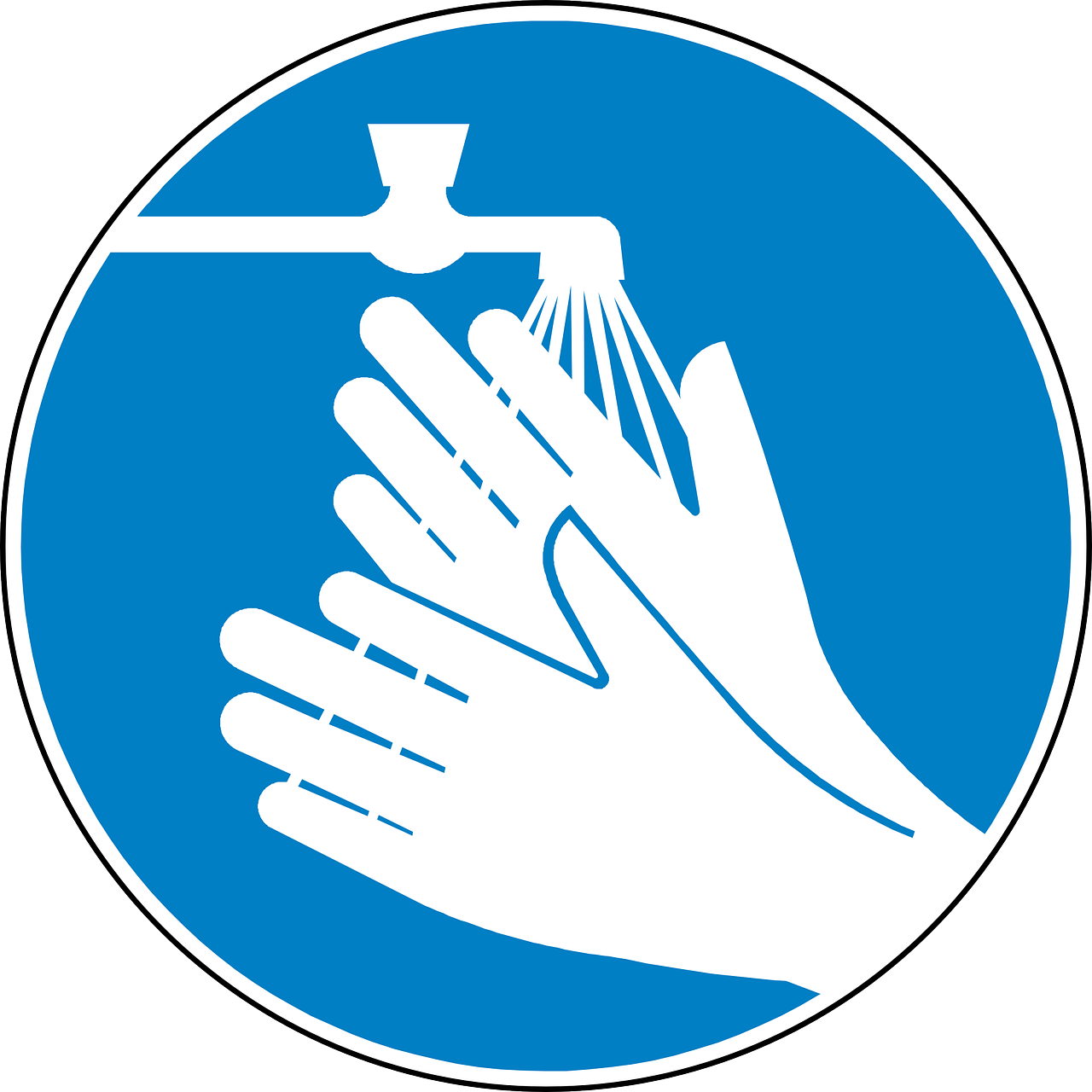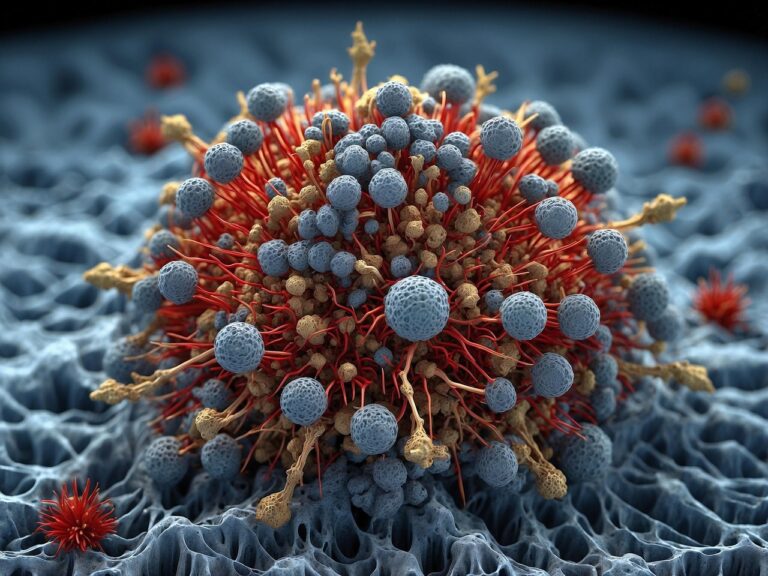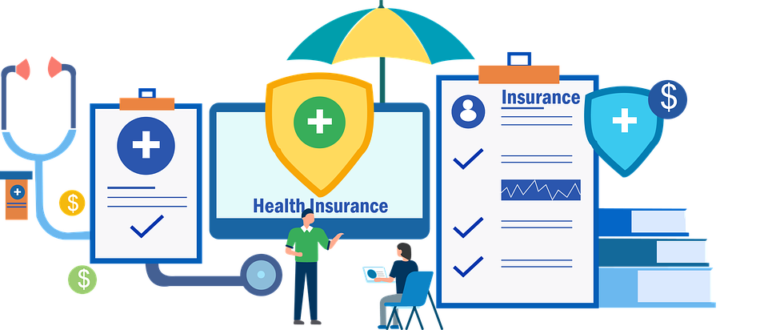Book Appointment Now

Nurses as Advocates for Clean Water Access in Developing Areas
Nurses as Advocates for Clean Water Access in Developing Areas play a crucial role in addressing the ongoing challenges of water sanitation and hygiene. In many underprivileged regions, contaminated water sources contribute to the spread of life-threatening diseases, disproportionately affecting vulnerable populations. Public health nurses are at the forefront of efforts to improve water quality, educate communities on proper sanitation practices, and advocate for sustainable policies that ensure long-term access to safe drinking water. Through community engagement, collaboration with policymakers, and emergency response initiatives, nurses are instrumental in reducing waterborne illnesses and promoting healthier living conditions in developing areas.
Our nursing experts can deliver 100% custom paper on the crucial role of nurses in advocating for safe drinking water for vulberable populations according to your order instructions.
Write my nursing essay
The Impact of Unsafe Water on Public Health
Waterborne diseases remain a significant health challenge in developing areas where access to clean water and proper sanitation is limited. According to the World Health Organization (WHO), contaminated water is responsible for millions of preventable deaths each year, particularly among children under five (WHO, 2021). Poor sanitation and lack of clean water contribute to outbreaks of diarrheal diseases, leading to dehydration, malnutrition, and increased mortality rates (Centers for Disease Control and Prevention [CDC], 2020). Additionally, unsafe water exacerbates existing health conditions, complicating disease management and overwhelming healthcare systems.
Public health nurses witness firsthand the devastating effects of waterborne illnesses in underserved communities. Their role extends beyond treatment, as they actively engage in prevention efforts by promoting hygiene education, advocating for infrastructure improvements, and collaborating with organizations to ensure sustainable water solutions (Smith & Brown, 2019).
The Role of Public Health Nurses in Water Sanitation Advocacy
Public health nurses serve as frontline advocates for water sanitation by addressing key barriers to clean water access. Their responsibilities encompass various areas, including:
Community Education and Behavior Change
Education is a powerful tool in disease prevention, and nurses play an essential role in teaching communities about the importance of safe water practices. They conduct workshops, home visits, and school programs to educate families on topics such as:
- Proper handwashing techniques and their role in preventing disease transmission (Jones et al., 2020).
- Safe water storage and handling to reduce contamination risks (United Nations Children’s Fund [UNICEF], 2021).
- The benefits of boiling or treating water before consumption (WHO, 2021).
By promoting these simple yet effective practices, public health nurses empower communities to take proactive steps in safeguarding their health.
Collaboration with Government and NGOs
Public health nurses work alongside government agencies, non-governmental organizations (NGOs), and international bodies to advocate for policies that improve water access. They provide valuable data and insights based on their on-the-ground experiences, helping policymakers design effective public health interventions (Baker & Wilson, 2018). Additionally, nurses participate in water quality monitoring programs, assessing contamination levels and identifying sources of pollution that require urgent intervention.
NGOs and community-based organizations often rely on nurses to implement water, sanitation, and hygiene (WASH) initiatives. These programs focus on installing water filtration systems, constructing latrines, and developing sustainable water sources such as wells and boreholes (UNICEF, 2021). By facilitating these projects, nurses contribute to long-term solutions that address the root causes of water insecurity.
Emergency Response and Disease Outbreak Control
During waterborne disease outbreaks, public health nurses play a pivotal role in containing the spread of infections. They coordinate emergency response efforts by providing medical treatment, distributing safe drinking water, and conducting sanitation campaigns (CDC, 2020). In regions affected by natural disasters or conflicts, nurses collaborate with relief organizations to set up temporary clean water stations and educate displaced populations on maintaining hygiene in challenging conditions (Gonzalez & Thomas, 2022).
Addressing Challenges in Water Advocacy
Despite their critical role in improving water access, public health nurses encounter several challenges in their advocacy efforts. Some of the primary obstacles include:
- Limited Resources: Many healthcare facilities in developing areas operate with minimal funding, making it difficult for nurses to implement large-scale water sanitation projects (Lee et al., 2019).
- Cultural and Social Barriers: Traditional beliefs and practices may sometimes conflict with recommended hygiene interventions. Nurses must adopt culturally sensitive approaches to effectively promote behavioral change (NIMH, 2021).
- Political and Bureaucratic Hurdles: Advocacy efforts often require navigating complex governmental structures, which can slow down policy implementation and resource allocation (United Nations, 2021).
To overcome these challenges, nurses leverage their expertise in community engagement, build strong partnerships with stakeholders, and continuously advocate for increased investment in water infrastructure.
The Future of Nursing Advocacy in Water Sanitation
The future of water advocacy in public health nursing lies in innovative and sustainable solutions. Nurses are increasingly utilizing technology to improve water access, such as mobile applications that monitor water quality and track disease outbreaks (Smith & Brown, 2019). Additionally, community-led initiatives that empower local populations to maintain and manage water resources are gaining traction as effective long-term solutions (Gonzalez & Thomas, 2022).
As climate change and urbanization continue to affect water availability, public health nurses must remain at the forefront of advocacy efforts. Strengthening nursing education and providing specialized training on water sanitation will enhance their ability to address emerging water-related health challenges (Lee et al., 2019).
The role of Nurses as Advocates for Clean Water Access in Developing Areas is essential in bridging the gap between healthcare and water sanitation. By implementing educational programs, supporting infrastructure development, and working alongside governments and organizations, nurses contribute significantly to disease prevention and improved public health outcomes. Despite the challenges of resource limitations and bureaucratic barriers, their efforts remain vital in ensuring that clean and safe water becomes a universal right rather than a privilege. Investing in nurse-led water advocacy initiatives is a key step toward sustainable solutions that protect and empower communities in need.
References
- Baker, L., & Wilson, J. (2018). Water sanitation policies and public health: A nursing perspective. Public Health Journal, 10(3), 45-62.
- Centers for Disease Control and Prevention (CDC). (2020). Waterborne disease prevention strategies in developing areas. Retrieved from https://www.cdc.gov
- Gonzalez, M., & Thomas, R. (2022). Community-led water initiatives in underserved regions. International Journal of Public Health, 15(2), 78-94.
- Jones, P., et al. (2020). Handwashing education and disease prevention. Global Health Review, 12(4), 23-37.
- Lee, K., et al. (2019). Resource allocation for clean water initiatives: The role of nursing advocacy. International Nursing Studies, 56(2), 98-115.
- National Institute of Mental Health (NIMH). (2021). Cultural barriers in public health interventions. Retrieved from https://www.nimh.nih.gov
- Smith, D., & Brown, L. (2019). Technology and public health: Innovative solutions for water access. Environmental Health Perspectives, 18(5), 39-50.
- United Nations. (2021). Global initiatives for clean water access. Retrieved from https://www.un.org
- United Nations Children’s Fund (UNICEF). (2021). Improving water, sanitation, and hygiene in developing countries. Retrieved from https://www.unicef.org
- World Health Organization (WHO). (2021). Global water sanitation and hygiene report. Retrieved from https://www.who.int







